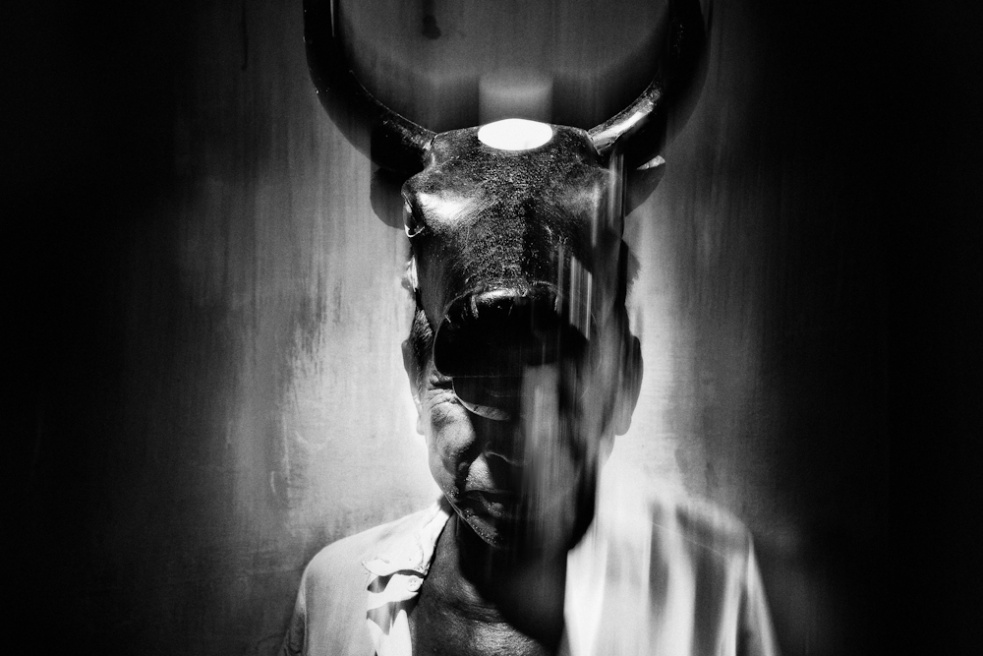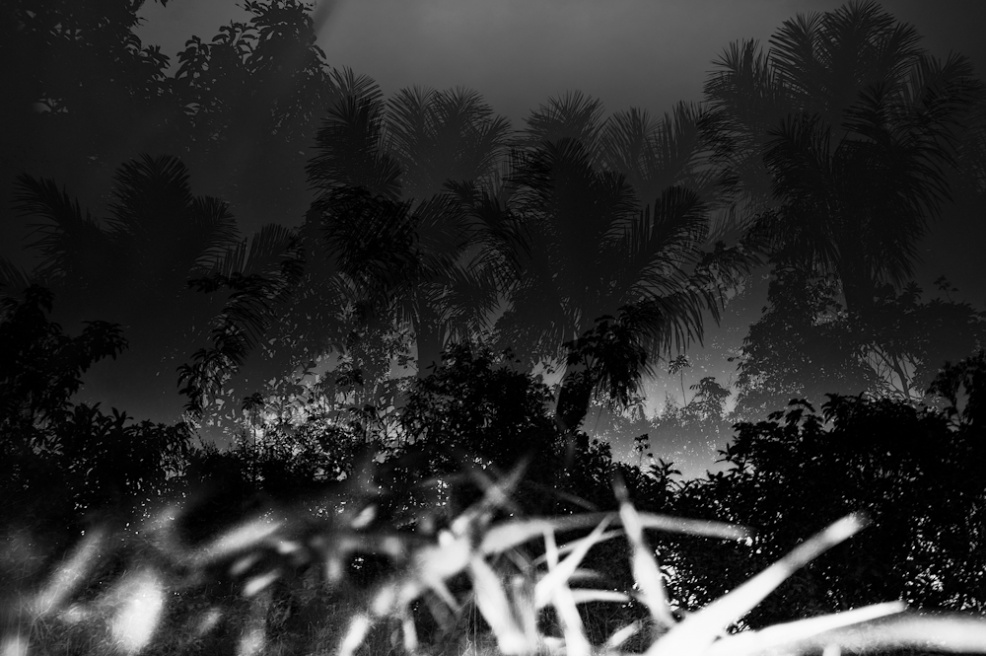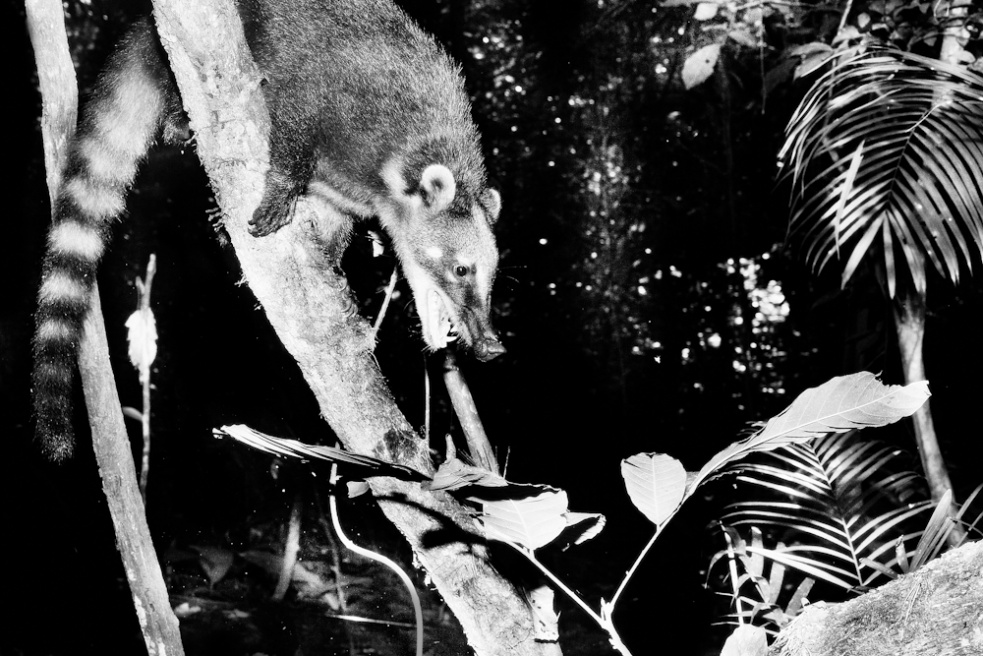The Amazon is neither man nor animal. She is nature’s hybrid.
Mirrors of man’s contradiction, of a world to which she belongs and yet remains distant. The Amazon bears forth over-stimulated cities pervaded by a savage force, which exist simultaneously as survival mechanisms. Even disintegrated indigenous groups in the jungle, separated by language but intimately linked by memory, share the same myths and religious convictions.
But the accelerated transformation process lived by the Amazon depends as much on internal natural forces as it does on the international world order. Since its designation as one of the seven natural wonder of the world in 2011, global attention is newly aimed at the Amazon rainforest, revitalizing the discourse about the practices employed in the area. The historic moment consolidates an extractive hegemonic model with a progressive acculturation of the indigenous communities that need for medicine, machetes, and batteries for their lanterns, generating processes of radical transformation of their native culture.
At the same time, the participation of new social actors with strong global economic interests deepens the ecological imbalance as they disregard biodiversity and provoke the degradation of the environment. Gold, petroleum, the trafficking of exotic species, deforestation on a massive scale, and the introduction of cattle are only some of the threats to sustainability. The courses of sweet water are under grave risk of contamination and, consequently, life itself.
In this transformation of life’s course, gradual but constant, the Amazon also modifies that which draws close to her.
Nicolas Janowski.























